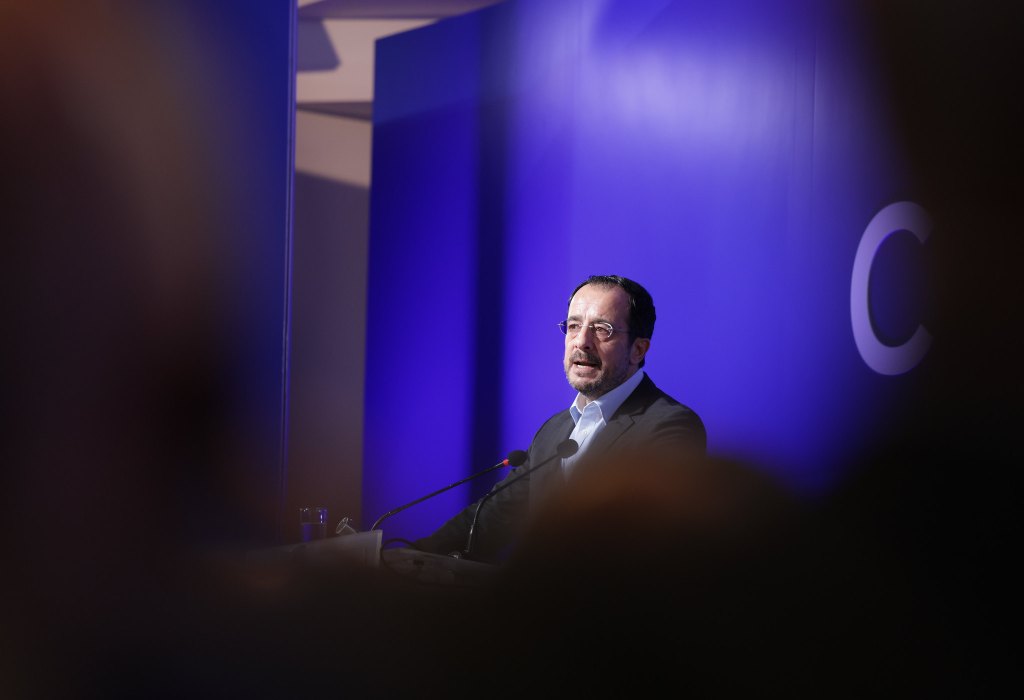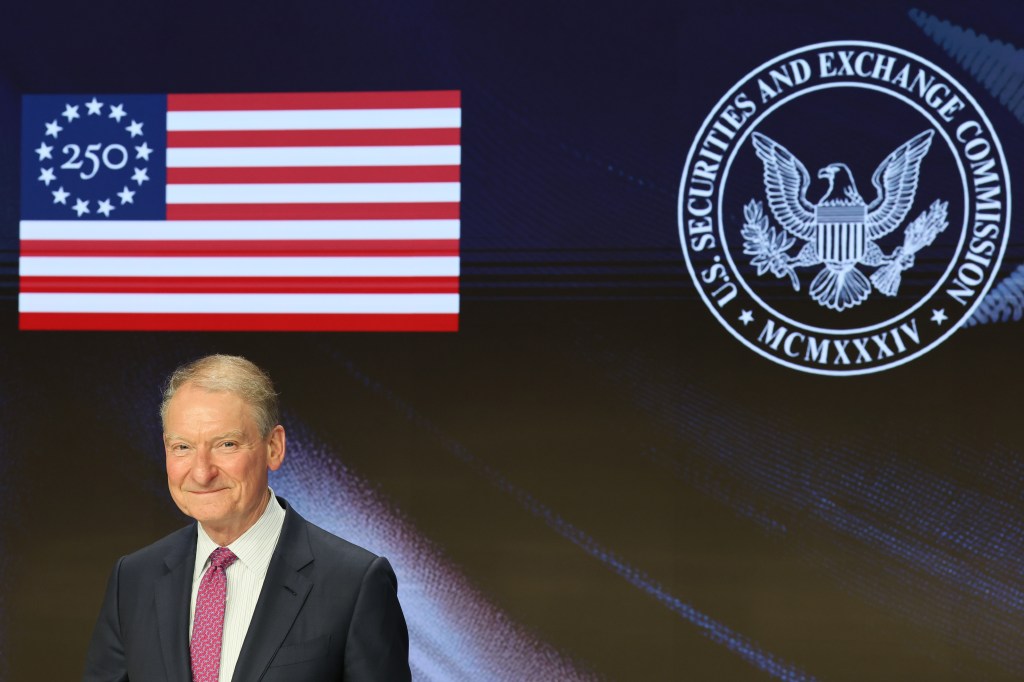The European Commission is finalizing plans to allow stablecoins that are issued outside the block to be interchangeable with same-branded versions issued in the EU, the Financial Times has reported.
This comes despite warnings from the European Central Bank (ECB) that stablecoins could lead to financial instability during market volatility.
Register for free to keep reading
To continue reading this article and unlock full access to GRIP, register now. You’ll enjoy free access to all content until our subscription service launches in early 2026.
- Unlimited access to industry insights
- Stay on top of key rules and regulatory changes with our Rules Navigator
- Ad-free experience with no distractions
- Regular podcasts from trusted external experts
- Fresh compliance and regulatory content every day













